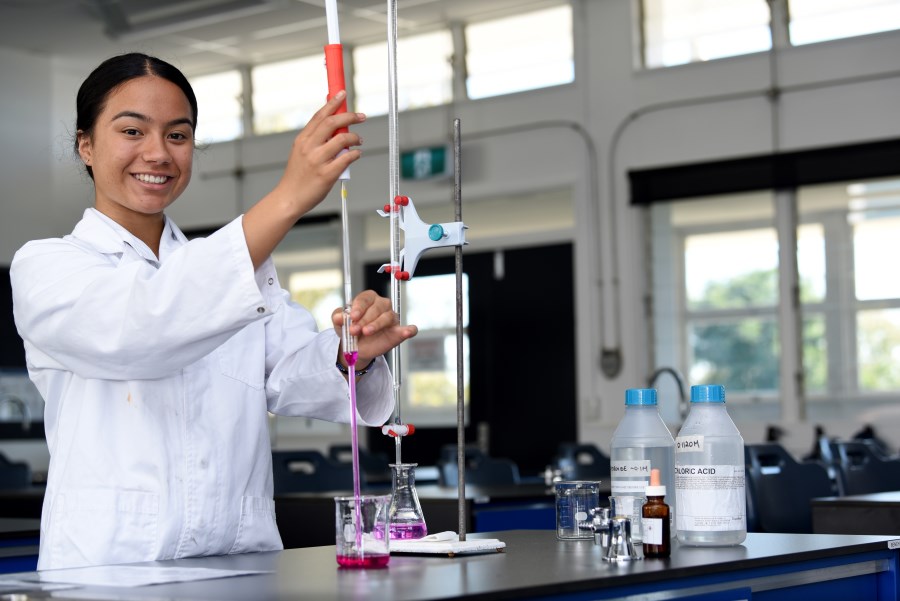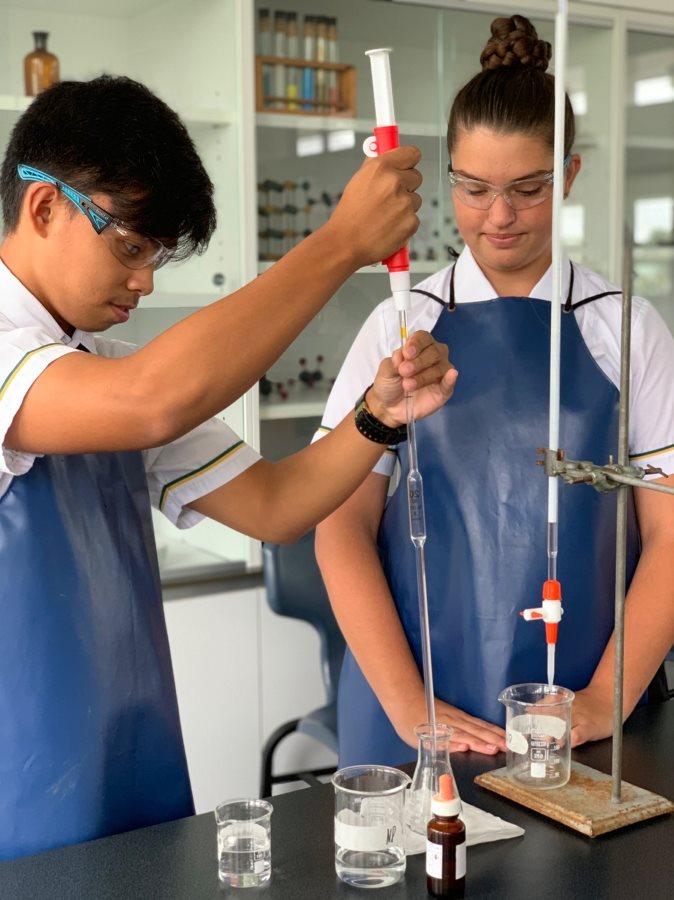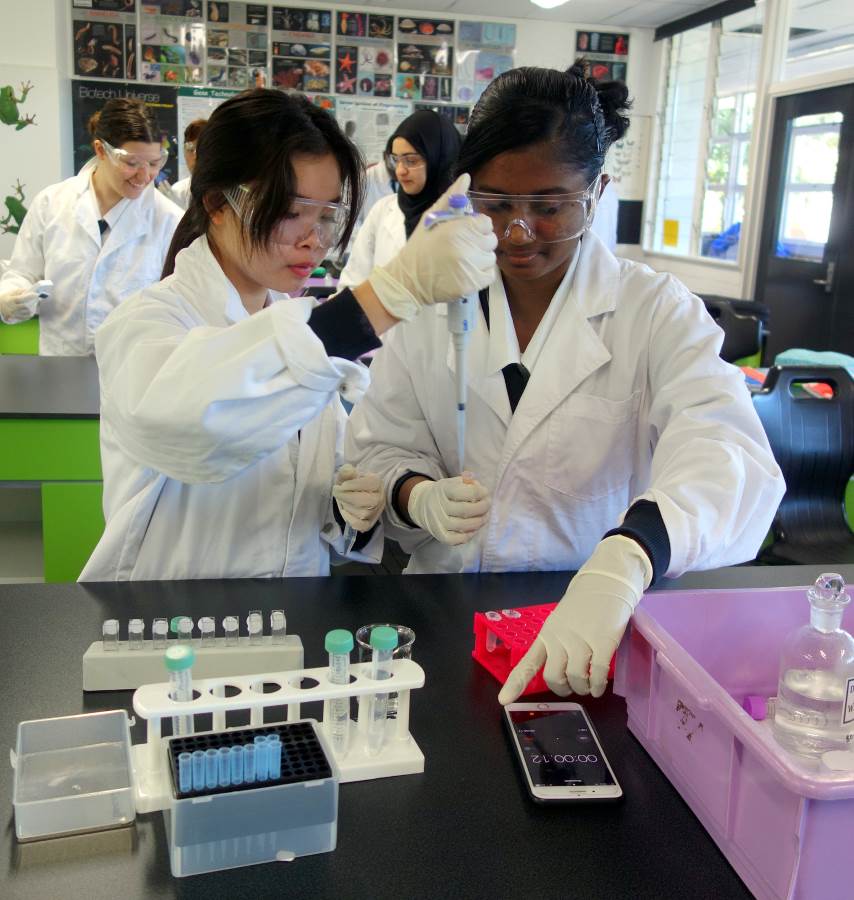Overview
Science provides an empirical way of answering interesting and important questions about the biological, physical and technological world. The knowledge it produces has proved to be a reliable basis for action in our personal, social and economic lives. Science is a dynamic, collaborative and creative human endeavour arising from our desire to make sense of our world through exploring the unknown, investigating universal mysteries, making predictions and solving problems. Science aims to understand a large number of observations in terms of a much smaller number of broad principles. Science knowledge is contestable and is revised, refined and extended as new evidence arises.

The Australian Science Curriculum provides opportunities for students to develop an understanding of important science concepts and processes, the practices used to develop scientific knowledge, of science's contribution to our culture and society, and its applications in our lives. The curriculum supports students to develop the scientific knowledge, understandings and skills to make informed decisions about local, national and global issues and to participate, if they so wish, in science-related careers.
In addition to its practical applications, learning science is a valuable pursuit in its own right. Students can experience the joy of scientific discovery and nurture their natural curiosity about the world around them. In doing this, they develop critical and creative thinking skills and challenge themselves to identify questions and draw evidence-based conclusions using scientific methods. The wider benefits of this 'scientific literacy' are well established, including giving students the capability to investigate the natural world and changes made to it through human activity.

The school has 3 recently refurbished specialist laboratories in H Block and 1 large general purpose laboratory in G Block for use in practical work.
Junior Secondary (Years 7 and 8)
Students in Junior School study Science as part of their core subjects
Year 7
- Classifying and Identifying Organisms
- Separation of Mixtures
- Forces and Simple Machines
- Earth in Space and the Seasons
Excursion: Toohey Forest Environmental Education Centre - identifying and classifying terrestrial and freshwater organisms.


Year 8
- Physical and Chemical Changes
- Rocks and Minerals
- Energy
- Cells and Reproduction
Excursion: Toohey Forest Environmental Education Centre - Energy transformations and green energy usage.
Middle Secondary (Years 9 and 10)
Year 9
- Heat and Electricity
- Optics
- Radioactive isotopes
- Earth Movements
- Ecosystems
- Body Balance
- Acids and Bases
- Exothermic and Endothermic Reactions
Excursion: Jacob's Well Environmental Education Centre - Freshwater and Mangrove Ecosystem study


Year 10
For students wishing to take general subjects Biology, Chemistry or Physics in Year 11, it is recommended that they take the Senior Science Preparation subject (SSC) which is over I year and cover preparation of the theory and assessment types found in these subjects.
Senior Science Preparation
- DNA and Inheritance
- Evolution
- Stains and Surfactants
- Periodic Table
- Forces and Motion
- Electrochemistry
Excursion: Dreamworld - measuring the g force at various sections of the extreme motion rides.
For those not doing the 3 general subjects, a one semester course covering the year 10 curriculum is offered.
- Renewable Energy
- Genetics
- Reaction Rates
- The Universe
Senior Secondary (Years 11 and 12)
Three general subjects (Biology, Chemistry and Physics) and one applied subject (Science in Practice) are offered over a 4 semester course.
Excursion: Year 11 Biology: Stradbroke Island - Collecting data for unit 3 mandatory practicals.


Other activities and learning aids offered:
- STILE on-line science units covering the ACARA curriculum offered in years 7-9 science to enhance learning
- REACH and RACI national science competitions done with selected students in years 7-12
- RACI Titration competition
- Science week activities
- University career visits
- Exceptional learners program